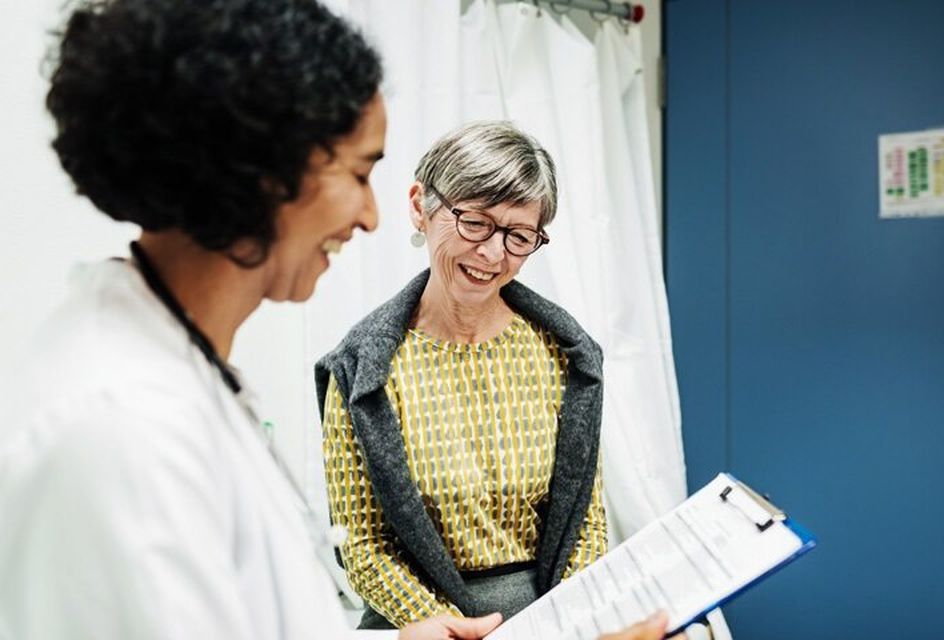What we learned from World Immunisation Week 2024
Author: Fernanda Aguilar Perez 01 May 2024 1 min read
With World Immunisation Week 2024 behind us, we reflect on the value of vaccinations and why we need to continually make the case for them.

World Immunisation Week 2024 is over, but that doesn’t mean it’s time to set vaccines aside. Now is the time to reflect on the learnings of this week and use these thoughts to further support our communities and practitioners.
We must keep telling everyone that vaccines are one of the best preventative measures we have, and there is so much more they can do for us! Vaccines also help us fight antimicrobial resistance, because they decrease infection rates in the first place. They also are an amazing investment in health: in some countries, for each 1 dollar invested in vaccines, 21 dollars are saved directly from health care costs, but it could go up to 54 dollars if other factors, such as people living healthier lives, are taken into account.
The value of talking about vaccines
Knowing those benefits, let’s have more conversations about the fact that vaccines work. The World Health Organisation shared new data demonstrating that vaccines have saved at least 154 million lives over the past 50 years. The measles vaccine alone is responsible for saving 94 million lives. Thanks to the HPV vaccine, no cervical cancer was detected in fully vaccinated women in Scotland.
And let’s bring everyone to the discussion table, because part of talking is to actively listen to what others have to say. People have legitimate concerns and questions about vaccines. Some are worried about the side effects their kids will have. Others might not know very well what vaccines will do in their bodies. As Pauline Mauline MacDonald (Director and Nurse Consultant at Infection Matters) told us, it’s ok to have questions. And they must be asked – people shouldn’t feel put off from asking them.
Learnings from our vaccination survey
On the survey RSPH sent out before World Immunisation Week, we asked people what they did to support communities, and the power and impact of conversations came up in people’s replies. We heard of a specialist nurse attending school and staying in the playground, facilitating discussions with parents. Or about phone calls given to a family uncertain about the MMR vaccine and changing their opinion about the immunisation.
At a large primary school with one of the most diverse mixes of ethnicities, English was not first language for the majority and flu vaccine uptake was low due to a high number of non-responders.
Survey responder (edited for clarity)
We utilised one of our specialist nurses to attend school and stay in the playground for pick up. This allowed for discussions with parents, visibility and for consent forms to be completed.
Some mentioned in our survey that more videos and storytelling would help too. Professor Elena Semino highlighted in our webinar with Lancaster University that the use of metaphors when talking about vaccines is effective and has an impact on people’s understanding.
So let’s make a fresh cup of tea (or coffee!), and have these conversations. Let’s spread knowledge, ask questions, support others, and bring communities closer to us. Thank you to you all who have engaged with us during World Immunisation Week 2024, and let’s continue talking about vaccines!
